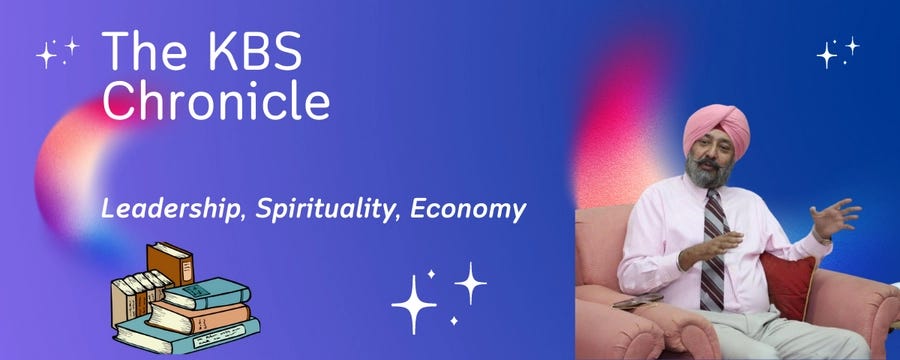When Titans Clash, Can “The Titanic” Sink?
The MIT Debate: A Triangular Tussle among Titans. Are there any MIT_igating circumstances ?
Money Makes "MIT" Go
Introduction: A Curious Inquiry
Until recently, I was unfamiliar with Bill Ackman, but a delve into the triangular debate on Diversity, Equity, and Inclusion (DEI) involving Elon Musk, Mark Cuban, and Ackman piqued my interest. Known as an American billionaire and hedge fund manager, Ackman has recently been vocal about plagiarism allegations against the outgoing Harvard President, revealing the complicated and intertwined nature of academia, wealth, and ethics.
Bill Ackman: A Brief Overview
American billionaire and hedge fund manager Bill Ackman is known for his bold market moves and substantial influence. His recent comments on the plagiarism charges against the outgoing Harvard President, a black woman, spotlight the often overlooked intersections of race, privilege, and academia. The Guardian, a leading UK newspaper, provides an in-depth look at Ackman's stance on these issues, offering a critical perspective on the implications of such high-profile accusations.
The Accusations Unfold: A Morning Revelation
A series of tweets by Ackman reveal allegations by a Business Insider reporter that his wife, Neri Oxman, too had multiple uncredited quotes in her PhD dissertation from Wikipedia. Ackman attributes this scrutiny as a backlash from MIT President Kornbluth, linking it to his highlighting questionable donations from the MIT corpus to a charity significantly managed by Kornbluth's wife. Ackman's tweets point towards potential IRS involvement, suggesting a need for increased transparency and accountability in charitable donations and academic integrity.
The MIT Conundrum: Tweets and Accusations
Ackman's detailed tweets unravel the complex relationship between personal donations, donor-advised funds (DAFs), and charitable organizations. He challenges the actions of Chairman Gorenberg of MIT, arguing that the use of a donor-advised fund to support Gorenberg's wife's non-profit, Parity.org, may have bypassed typical regulatory oversight, risking the tax-exempt status of MIT and raising ethical questions. The implications of such actions resonate beyond MIT, prompting a broader discussion on the governance of donations and the ethical responsibilities of educational institutions.
Debate: Diversity is Adversity?
The Turmoil of Ideologies in the US
The DEI debate, stimulated by figures like Ackman, Musk, and Cuban, delves deep into the heart of American social fabric, examining the roles of diversity, equity, and inclusion. Arguments range over racism, anti-Semitism, and a vehement response to perceived "wokeness," reflecting a society grappling with its identity and values. Mark Cuban's input suggests a nuanced, balanced approach to DEI, pointing out the potential pitfalls of extreme stances. This conversation is not limited to academic or elite circles but touches on deeper societal divisions that affect various aspects of life in the United States, including rights debates and social policies.
A Nation Divided: Reflecting on the Broader Implications
The United States, a republic characterized by its diversity and democratic discourse, has historically seen divisions on critical issues like gun rights, abortion, and LGBTQ+ rights. The DEI debate is another layer in this complex tapestry, representing a nation continually negotiating the balance between individual freedoms and collective responsibilities. While it might not directly impact every citizen's daily life, the philosophical underpinnings and the legal precedents it sets influence the broader societal trajectory, including policy-making, community relationships, and national identity.
Summing Up: Navigating the Uneven Terrain of Power and Principle
The ongoing debates around diversity, equity, and inclusion extend beyond the realms of plagiarism and academic integrity; they touch the very core of power dynamics in society. High-profile incidents like the Harvard President's resignation are but a reflection of deeper, more systemic issues. These scenarios reveal how individuals with significant financial resources can often manoeuvre situations to their advantage, creating a disproportionate battlefield. As we strive for a more equitable world, it is vital to recognize that achieving true fairness isn't just about addressing visible disparities or ethical missteps. It's about fundamentally restructuring the power imbalances that allow for such inequities to persist. While striving for inclusivity and maintaining standards of excellence, society must also tackle the underlying forces that skew the playing field, ensuring that the pursuit of fairness is not only about correcting the past but also about reshaping the future.




